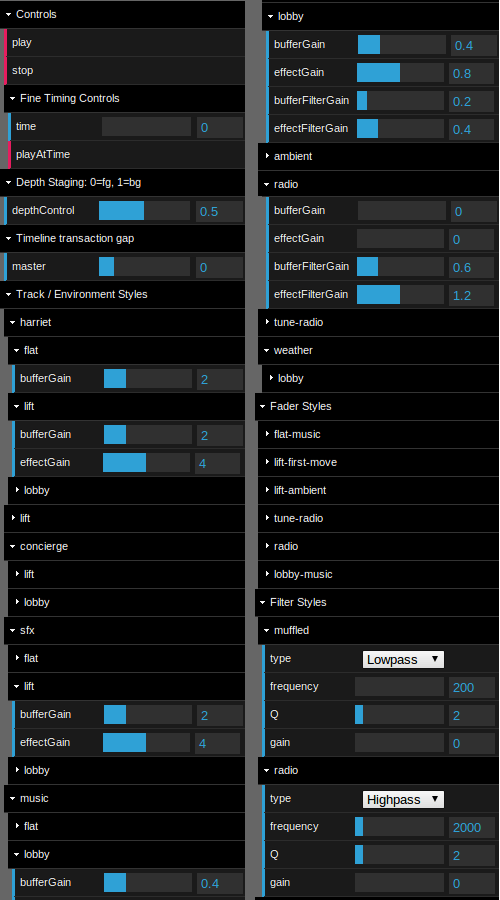![Dylan [Two thumbs up for Photographers]](https://i0.wp.com/farm3.staticflickr.com/2232/2251269261_6d44e381d0_z.jpg?resize=640%2C427)
Almost everything we’ve focused on recently has been the explicit actions and feedback of people. But as pointed out in Perceptive Media, the rich stuff is the implicit actions and feedback. This is also the stuff which advertisers would cream in their pants for… And it sometimes feels too intimate for us to ever let it be collected… However that has never stopped anyone.
This obviously scares a lot of people including myself but I think the future is about the implicit.
I wrote a blog following a audio piece about how 2012 was the year of big data. But the fundamentally all that data is explicit data not implicit. Something I also made clear during a panel in London at last years Trans-media festival.
In a recently interview Valve’s Gabe Newell talked about the Steam Box’s future. Steam is a very interesting gaming ecosystem and recently Valve’s been moving to Linux after Microsoft said Windows 8 must work the way they said it does. Anyhow the important thing is Gabe’s discussion regarding implicit forms of data
Speaking of controllers, what kind of creative inputs are you working on?
Valve has already confessed its dissatisfaction with existing controllers and the kinds of inputs available. Kinect? Motion?We’ve struggled for a long time to try to think of ways to use motion input and we really haven’t [found any]. Wii Sports is still kind of the pinnacle of that. We look at that, and for us at least, as a games developer, we can’t see how it makes games fundamentally better. On the controller side, the stuff we’re thinking of is kind of super boring stuff all around latency and precision. There’s no magic there, everybody understands when you say “I want something that’s more precise and is less laggy.” We think that, unlike motion input where we kind of struggled to come up with ideas, [there’s potential in] biometrics. We have lots of ideas.
I think you’ll see controllers coming from us that use a lot of biometric data. Maybe the motion stuff is just failure of imagination on our part, but we’re a lot more excited about biometrics as an input method. Motion just seems to be a way of [thinking] of your body as a set of communication channels. Your hands, and your wrist muscles, and your fingers are actually your highest bandwidth — so to trying to talk to a game with your arms is essentially saying “oh we’re going to stop using ethernet and go back to 300 baud dial-up.” Maybe there are other ways to think of that. There’s more engagement when you’re using larger skeletal muscles, but whenever we go down [that path] we sort of come away unconvinced. Biometrics on the other hand is essentially adding more communication bandwidth between the game and the person playing it, especially in ways the player isn’t necessarily conscious of. Biometrics gives us more visibility. Also, gaze tracking. We think gaze tracking is going to turn out to be super important.
I’ve recently upgraded my phone to run Google now and its so weird…
When talking about it, people say show me and I have nothing to show them except the weather and maybe a couple of calendar things like someone birthday or a appointment I have upcoming. But when waking up this morning, the phone had tons of information about getting to work. Every time I would look at the screen another option was available to me (as time passed). The lack of ability to dig up stuff and look back at stuff is really interesting, as google now is simply that… Now!
Interestingly like google now, I discovered when showing people the first perceptive media prototype, futurebroadcasts.com. I would need to use my own machine because it relies on your implicit data for parts of the play. Meaning I couldn’t just load it up on another persons machine (or at least reliably), and expect it to work the same way.
I already said its the difference which in the future will be more interesting than the similarities, and I stick to that.
I know how people love quotes… So here’s one… Implicit data is the anti-matter of big data…
The trends, forecasts, etc will all be displaced (change) once we know implicit data’s place in the over all sum. We’ll throw our hands in the air and shout, well of course! How silly of us to make judgements with an incomplete sum… The early adopters are already homing in on this fact.









